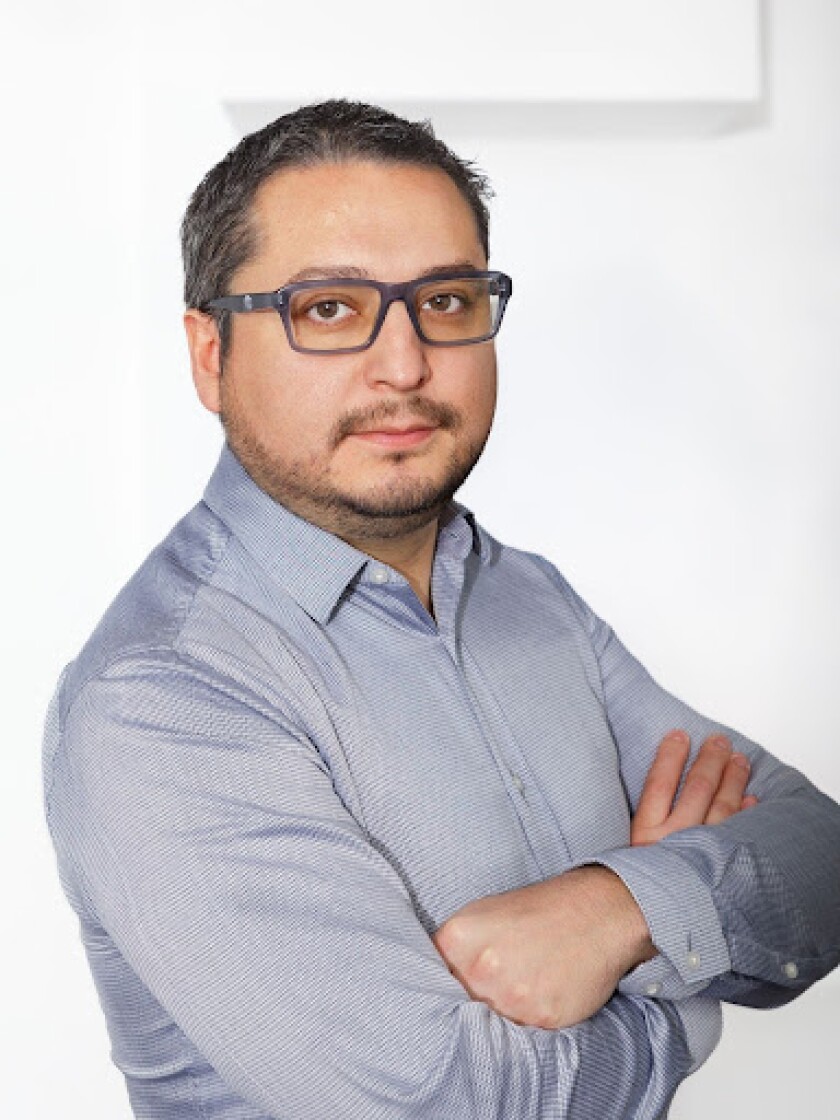Fraud is continuing to increase this year, in part due to the COVID-19 pandemic, according to a new survey by the Association of Certified Fraud Examiners.
The report found that 79 percent of anti-fraud professionals have seen an increase in the overall level of fraud as of November, compared to 77 percent in August and 68 percent in May. Thirty-eight percent of the respondents said in November the increase has been significant, compared to 34 percent in August and 25 percent in May.
Michael Abbott founded Composite Software in 2001 and drives the technical vision of the company at the CTO. Prior to founding Composite, he was CTO and EVP of Electron Economy, a supply chain software company named to Upside's list of Top 100 companies of 2001. He has published widely and speaks regularly on database and XML topics and participates in a JSR Expert Group, is on the XML Query Working Group at the W3C, has served the President of the Silicon Valley BEA Users Group and was the founder/chair of the XML Sig for the Software Development Forum for the past three years.
William Lacy Clay Jr. is a senior policy advisor at Pillsbury Winthrop Shaw Pittman LLP. He represented Missouri's 1st Congressional District in the House of Representatives from 2001 to 2021. He served as the ranking member on the House Financial Services Subcommittee on Financial Institutions and Consumer Credit in the 115th Congress.
Edwin Mata is the CEO and co-founder, Brickken.
Cyber fraud, payment fraud (such as schemes with debit and credit cards) and identity theft are the three top fraud schemes seeing increases, according to anti-fraud professionals.

The largest increase in observed fraud was in financial statement fraud, with 7 percent more anti-fraud professionals reported seeing financial statement fraud in November, compared to August. That could be because as companies continue to see their profits drop, they feel more pressure to cook the books.
The survey also found 77 percent of anti-fraud professionals report that investigating and preventing fraud is more challenging now, while 71 percent said detecting fraud is more challenging as a result of the pandemic.
ACFE members anticipate the fraud trend will continue, even as vaccines have begun rolling out this week in the U.S. Ninety percent of the survey respondents expect a further increase in the level of fraud over the next 12 months, with 44 percent predicting the change is likely to be significant.
Nearly half (48 percent) of the organizations polled expect to increase their investments in anti-fraud technology, and 38 percent intend to raise the use of fraud-related consultants or other external resources. Budgets for anti-fraud training and professional development are experiencing a similar increase (according to 37 percent of the organizations polled), but nearly one-quarter (24 percent) anticipate a decrease in this area. The budget component most likely to see decreases is travel for anti-fraud staff, which shouldn’t be surprising given the plunging levels of air travel in general over this past year, with 38 percent of the survey respondents expecting a reduction in funds for travel in the year ahead.


